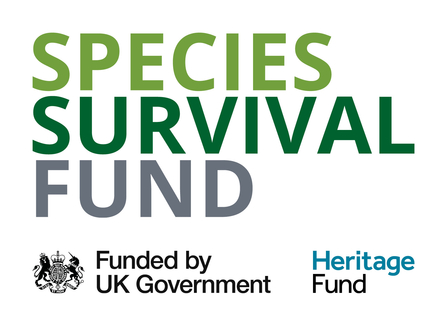It is widely known that the UK is one of the most nature depleted countries in the world. We have lost at least half of our wildlife since the industrial revolution, and 1 in 6 of our species is at risk of extinction. Our destruction of habitats, sterilisation of landscapes, and pollution of waterways has driven the collapse of our ecosystems and all that they support.
The decrease in species abundance is often accepted as the new norm by much of the population, and there are several social phenomena that help explain how we have reached this position. The most widely known is Shifting Baseline Syndrome, a gradual change in the accepted norms for the condition of the natural environment, leading to lower expected diversity and abundance over time. Then there is the Illusory Truth Effect, where what is familiar is judged to be true, and the Extinction of Experience, where a depleted environment makes each generation less engaged with the natural world, resulting in less knowledge being passed down to successive generations, leading to widespread apathy. All of this has caused us to have a very warped sense of what our wider landscape and the species that frequent it should look like.
For many years we have managed land as nature reserves – relatively small, isolated pockets, where we protect a particular habitat and suite of species. While this has largely worked well in saving specific areas, and hugely important to act as rich hubs for when we have a wilder landscape, it’s forced our perceptions of which species truly belong in which habitat to falter, with many species clinging on to the edges of where they can survive. There are now countless examples of species not adhering to the guidebooks – purple emperor butterflies on sallows at the Knepp Estate, white-tailed eagles nesting low down in willows in the Oostvaardersplassen, and several ‘heathland’ species breeding in ex-arable fields at our very own Wild Woodbury.




